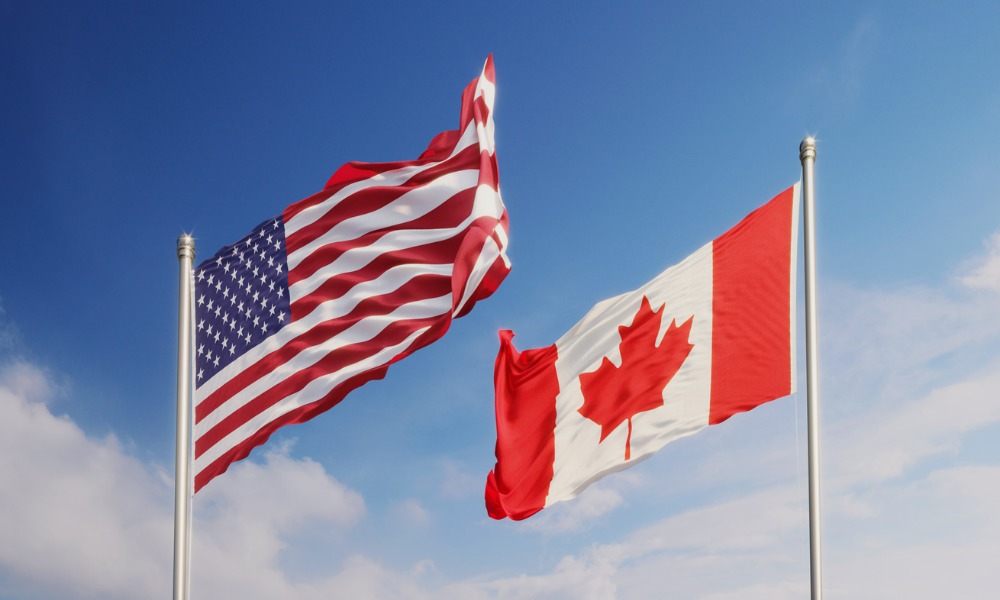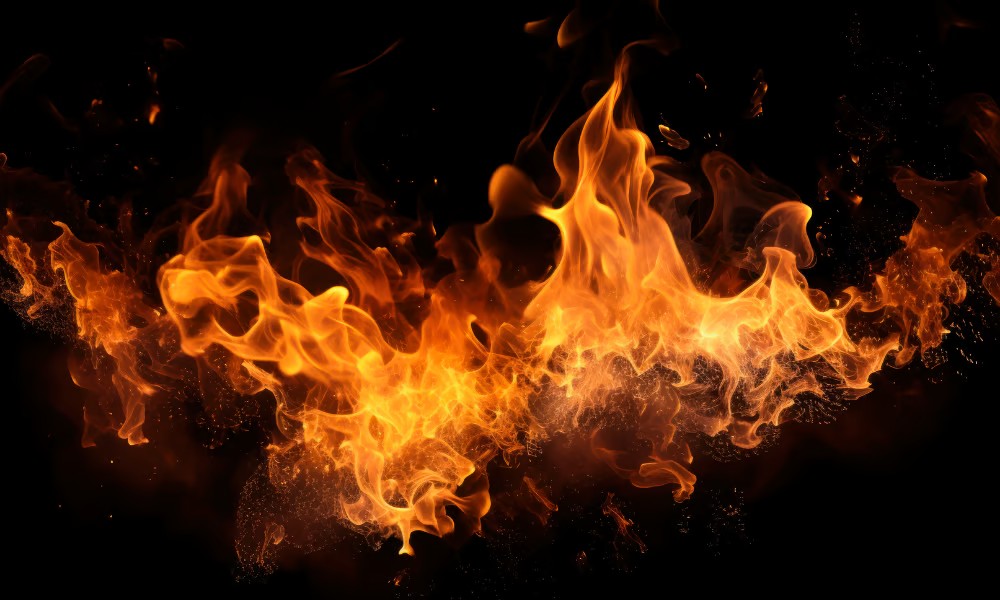Head of diplomatic association says workers face 'complex web of safety challenges'

Canadian diplomats stationed in the United States play a crucial role in maintaining relations and facilitating foreign policy. However, beneath the surface of what may seem like a typical posting is a culture at odds with what Canadians have become accustomed to.
“Diplomats serving in the United States must navigate a complex web of safety challenges, from a prevalent firearm culture to varying security environments and healthcare concerns,” explains Pamela Isfeld, president of the Professional Association of Foreign Service Officers (PAFSO). “It's essential to view these challenges through a 2024 lens.”
In addition to the guns and frequent shootings, there is shifting stances on LGBTQ+ rights in varying states, opposition to women’s reproductive rights, and a tense political climate during an election year currently featuring Donald Trump as a potential republican nominee. Those issues pose a lot more safety concerns than Canadians may initially think.
Safety Challenges in the U.S.
While the United States and Canada share many similarities, Canadian diplomats stationed south of the border encounter unique challenges that can affect their safety and well-being.
- Firearm culture: "In the United States, firearms are far more prevalent than in Canada," says Isfeld. "Diplomats and their families may find themselves in areas with a high prevalence of guns and incidents involving gun violence. This poses a safety concern, particularly for those who may not be accustomed to this level of firearm culture."
- Varied security environments: Isfeld points out that diplomatic postings in the U.S. are spread across different cities and states, each with its own security environment. She emphasizes that this can lead to variations in safety conditions, and diplomats and their families must adapt to different circumstances. "Our diplomats need to be agile and adaptable, as the security landscape can change dramatically from one posting to another," she notes.
- Healthcare Challenges: "Unlike many other diplomatic postings where Canadian officials have access to a national healthcare system, diplomats in the U.S. rely on private health insurance," explains Isfeld. "Recent issues with healthcare providers not responding promptly have resulted in delayed medical treatments, raising concerns about the adequacy of healthcare coverage."
Impact of political climate
The political climate in the United States, particularly in recent years, has added to the safety challenges faced by Canadian diplomats, according to Isfeld.
- LGBTQ+ Rights: Isfeld acknowledges the varying levels of LGBTQ+ rights protection across different U.S. states. "Some states have enacted restrictive legislation concerning LGBTQ+ rights," she says. "Diplomats and their families may face difficulties related to healthcare, legal recognition, and social acceptance, leading to concerns about their safety and well-being."
- Reproductive Rights: Isfeld also highlights opposition to reproductive rights in the U.S. "Challenges to Roe v. Wade and varying state laws on reproductive health services present a dilemma for diplomats stationed in the U.S. Access to reproductive healthcare may be limited or even illegal in certain areas, impacting their family's safety and freedom of choice."
"To address these safety concerns," says Isfeld, "PAFSO and Canadian diplomats advocate for a comprehensive review of the conditions and incentives offered to diplomats stationed in the U.S. Adjustments to compensation packages, security measures, and support systems are essential to ensure that diplomats are well-prepared for the unique challenges of their postings."
Isfeld says because of the safety concerns outlined, the assumption Canadians working in the U.S. experience the same conditions as in Canada is no longer valid. While Isfeld speaks for foreign service workers, her concerns can be applied to any Canadian workers stationed south of the border.
All employers should discuss the safety challenges facing Canadian workers in America, which requires a thorough understanding of the culture and current political climate. By acknowledging these challenges and addressing them proactively, Canadian employers can continue to ensure the safety and well-being of Canadian workers in the U.S.





